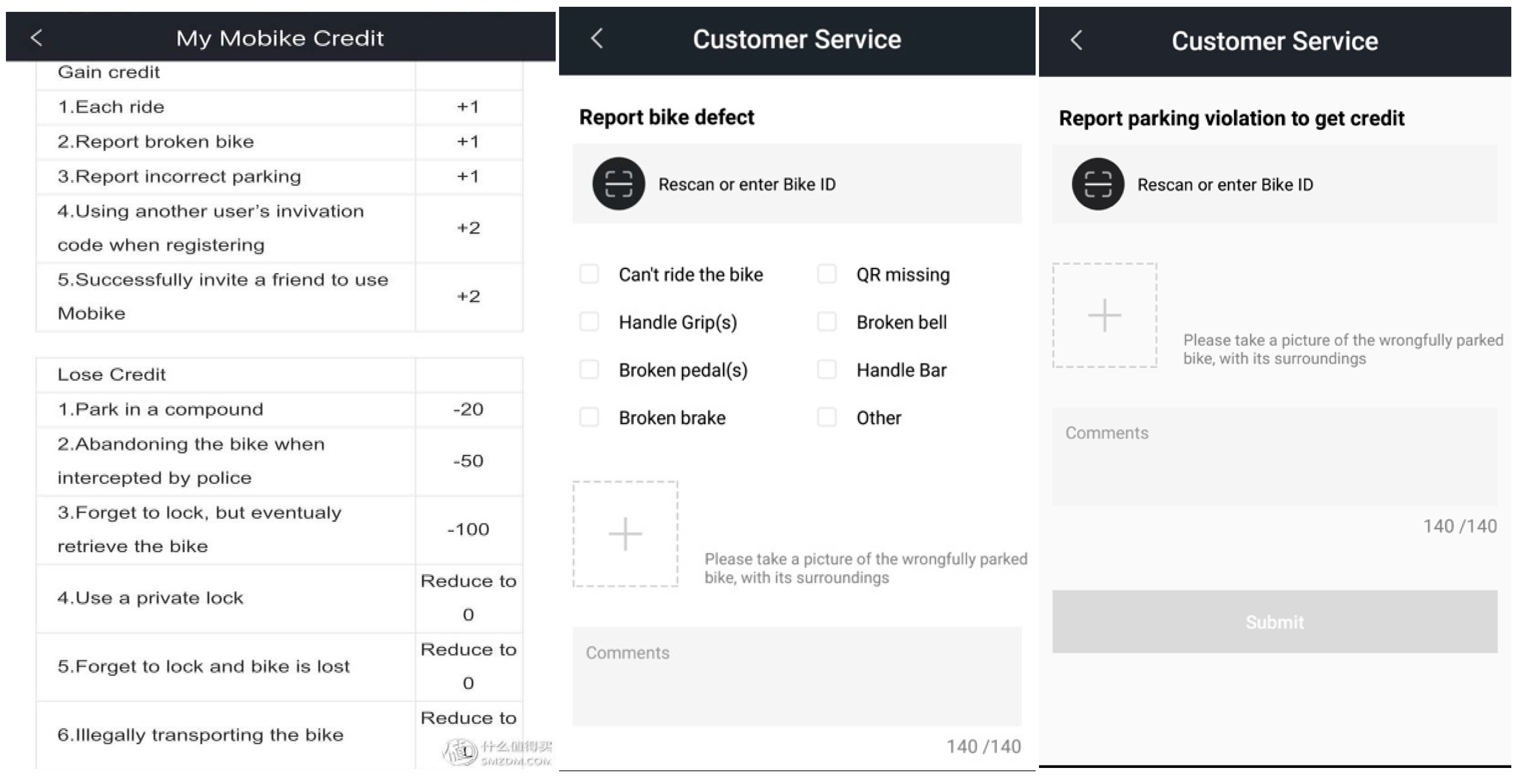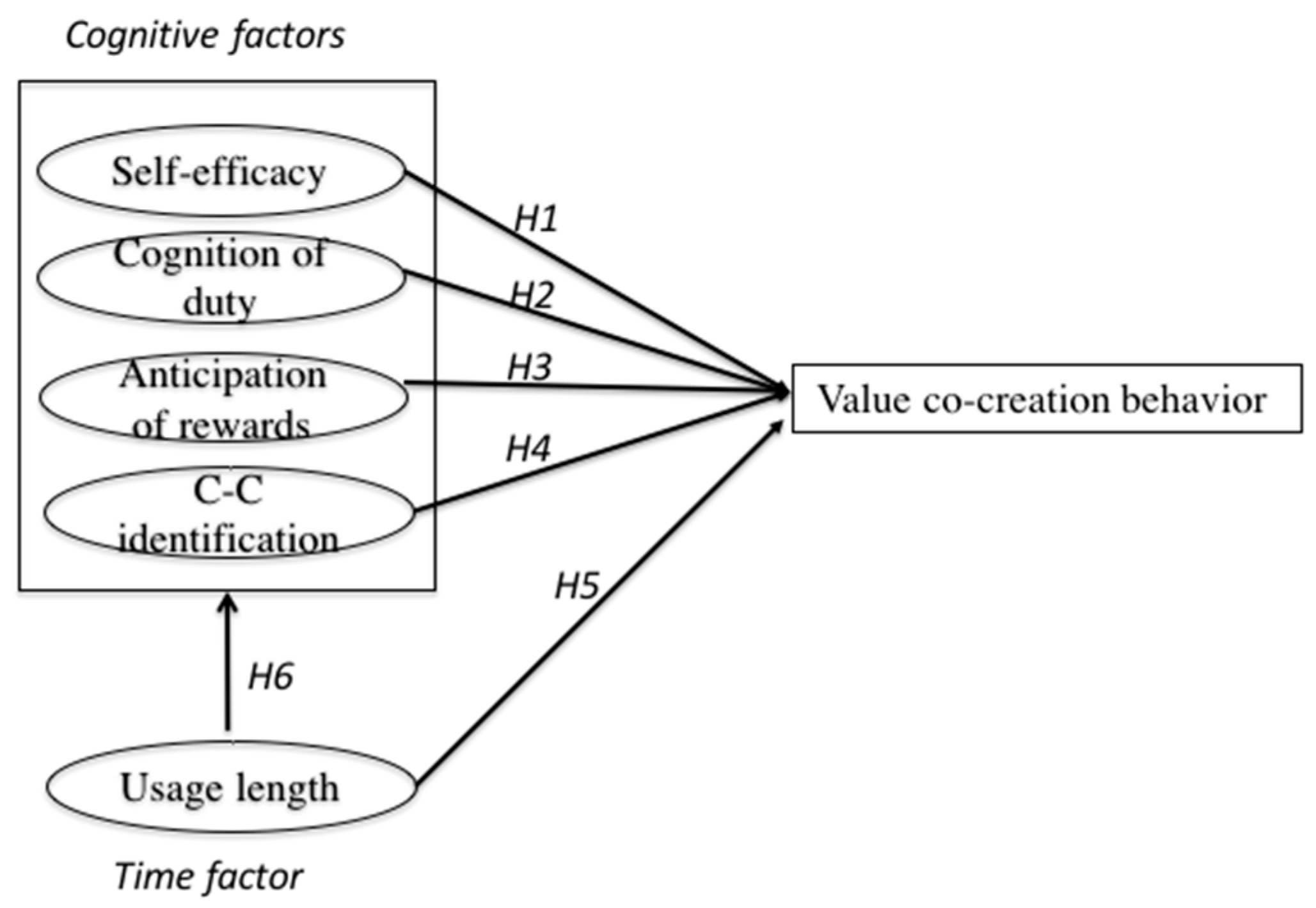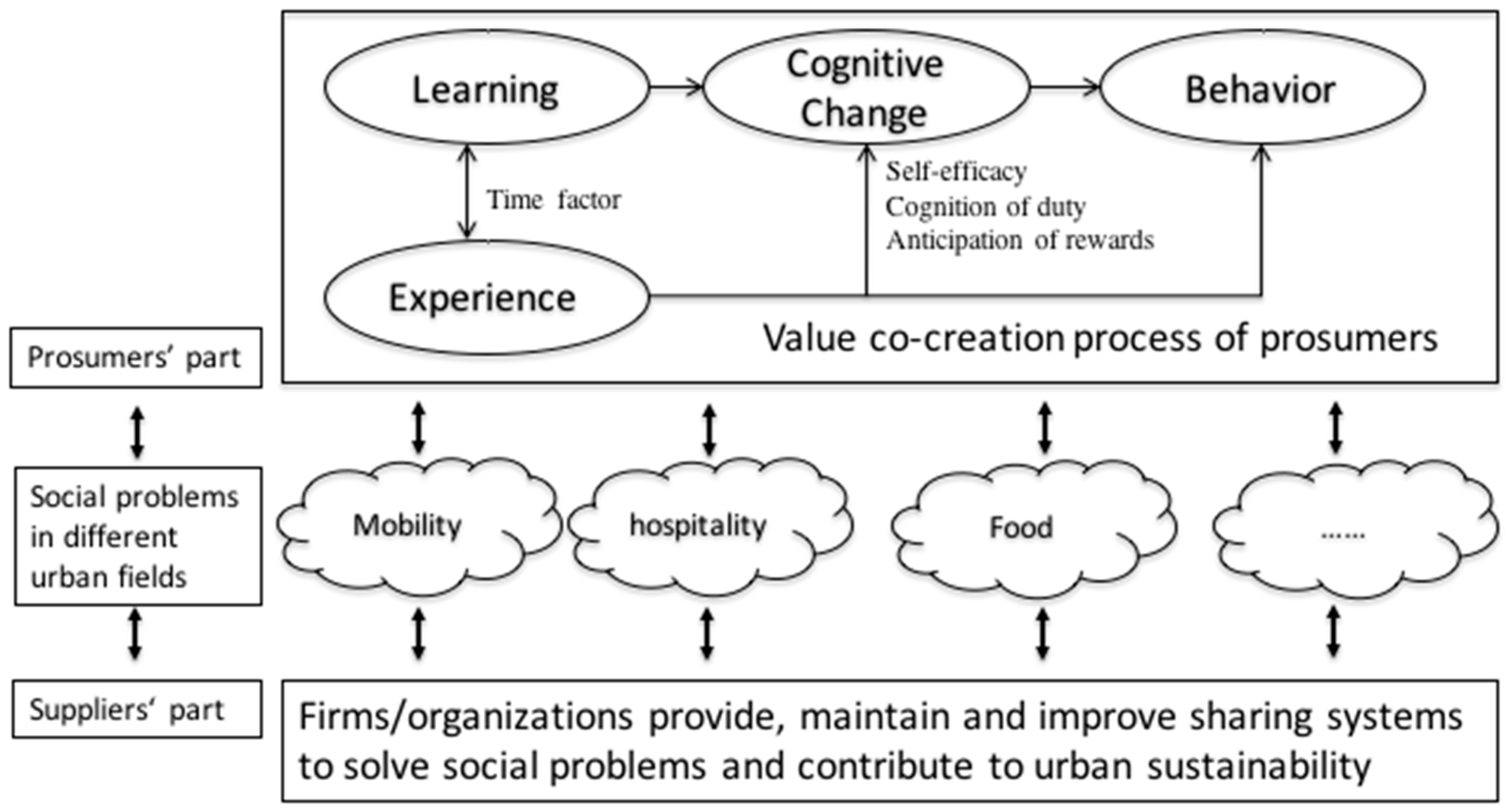1. Introduction
Technological and commercial advances in recent years have expanded the scope of the sharing economy from mainly existing in the digital world (e.g., knowledge, music and movie sharing websites) to increasing involvement with the physical world (e.g., home-sharing, office-sharing, car-sharing, and bike-sharing) [
1,
2,
3,
4]. The Online to Offline (O2O) move is an important characteristic of the sharing economy today, potentially contributing to solving or enhancing the environmental and social challenges of the Anthropocene. The sharing economy provides a very direct way for urban citizens to imagine alternative urban lifestyles [
5,
6]. The growing number of commercial and social practices and experiments using sharing economy business models (BMs) are affecting urban economies and lifestyles on an increasingly deep and large scale [
7,
8]. For example, access-based rather than ownership-based consumption as a result of such BMs is cheaper and easier to maintain, and have lower ecological footprints for the same levels of human needs [
9,
10].
At the same time, the rapid development of the sharing economy has inspired different modes of social innovation, especially at the grassroots level, where people take advantage of various sharing BMs to help solve social-environmental problems, such as promoting sustainable consumption and production practices [
11]. In this way, the public co-creates values that contribute to sustainable urban living with each other and with sharing businesses. Therefore, social innovations play a key role in enabling sharing BMs to fulfil its sustainability potentials through novel modes of value co-creation between firms and users.
Using the case of a newly emerged free-floating bike sharing (FFBS) system in China, called Mobike, we investigate
why people participate in value co-creation activities with sharing firms/organizations. Building on this empirical enquiry, we propose a framework to
conceptualize this emerging form of value co-creation enabling social innovations towards urban sustainability in the sharing economy. This article is organized as follows:
Section 2 lays out the theoretical context of value co-creation and social innovation in the sharing economy using the concept of prosumer;
Section 3 elaborates the mixed method case study in detail;
Section 4 presents the empirical results;
Section 5 discusses the research question based on empirical data, and
Section 6 concludes and outlines limitations and further research.
2. Prosumer, Value Co-Creation and Social Innovation in the Sharing Economy
Traditionally, consumption and production systems have been treated as discrete streams [
12]. The increasingly widespread Internet and digital technologies have changed the consumer–producer relationship dramatically, largely because technologies have empowered consumers to create, collaborate, produce and contribute to commercialisation by considerably lowering the cost of value co-creation [
13], in some cases to near zero marginal cost [
14]. In the context of the sharing economy, many shared products and services are often co-produced by producers and consumers, blurring the boundaries between consumers and firms, consumers and peers, and between consumers and labor (individual producers) [
12,
15,
16,
17].
We borrow the concept of prosumer/prosumption to describe the mesh of consumer-producer roles of value co-creation in the context of the sharing economy. From the Industrial Revolution until the late-twentieth century, consumers played a rather passive role in capitalist production [
18]. “Prosumption” was first coined in the 1980s as an umbrella word to describe the then emerging phenomenon of consumers’ “do-it-yourself” activities [
19]. The prosumption concept has since been advanced by scholars in consumer studies [
20] and socio-economic studies [
16,
21,
22,
23]. Ritzer [
16] define prosumption as a continuum of relations involving both producers and consumers in the co-creation of goods and services. As
Figure 1 shows, prosumers may input their spare capacities (labor, intellectual capital and physical capital) into the possible value co-creation spaces with firms to carry out design, manufacturing, distribution, and other critical processes. In this prosumption process, the dual roles of prosumers become intertwined in active value co-creation. The rising importance of prosumers’ value co-creation activities has led firms to leverage this as a key source of competitive advantage—to understand and satisfy consumers’ needs on the one hand [
21,
24], and to benefit companies commercial interests on the other [
25,
26].
Value co-creation provides collaboration opportunities between suppliers and consumers to obtain more values during possible spaces and processes [
26]. Vargo and Lusch [
24] argued that firms give value propositions for consumers to respond to as prosumers in order to achieve reciprocal service provision. In this way, both firms and consumers integrate their resources effectively to respond to each other’s needs. Also, Vargo and Lusch [
27] argued that value must be co-created in a certain context because value co-creation activities are embedded in and (re)configured by certain social structures and networks [
28].
Value co-creation between firms and prosumers has evolved further in the context of the sharing economy. On the one hand, there are multiple roles and duties for prosumers to choose from, such as sharing their idle goods and spare capacities as a producer or accessing goods and services as a consumer [
22]. On the other hand, prosumers’ value co-creation behavior is more ubiquitous and pivotal in the sharing economy compared with traditional BMs [
29]. This is because, in a highly-connected sharing market, the sense of reciprocity and community belonging is not only instrumental to market promotion, but also essential for maintaining the network effects, ensuring positive usage outcome, sustaining active participation, and preventing participants’ misbehavior [
30]. Some researchers argue that users in the sharing systems are prone to abuse rules or misbehave—engaging in theft, vandalism, and free riding, for example—through deliberately acting against the commonly accepted or set rules, or taking advantage of loopholes in the system and damaging trust [
31,
32]. Therefore, regulation of users toward sustainable value co-creation behavior is crucial to mitigate possible negative actions, manage the commercial sharing systems effectively and improve the welfare of the whole community [
33,
34,
35]. Moreover, encouraging and appropriating prosumers’ value co-creation in sharing businesses can generate a wider socioeconomic impact because the sharing economy is increasingly tied to provisioning essential needs in people’s daily lives, such as mobility, accommodation and food.
This special issue is focused on novel theoretical and empirical studies of social innovation and value co-creation. Given prosumers’ increasingly important role in sharing businesses that provide solutions to social problems, such as insufficient social services, we consider the value co-creation between prosumers and sharing businesses an emerging social innovation. This innovation is contributing to ‘identifying and implementing new competencies and new forms of participation, collaboration, and relationships among individuals and organizations to produce solutions’ as themed in this special issue. In addition, prosumers’ value co-creation is proving essential for sharing businesses to realize their social transformation potential in providing better quality of life, such as more convenient, efficient and green daily transport for urban dwellers. Therefore, value co-creation between prosumers and firms is not only a form of social innovation in itself, but also a key channel to realize the potential of the sharing economy in transforming cities towards sustainability.
However, it is not always clear why prosumers invest their time, energy, intellectual capital and sometimes financial and physical capital in such value co-creation activities. Profit is one motive, to be sure, but in many cases there are additional commitments, including social and cultural capital, which pay dividends through the prosumption process. Recent studies have analyzed the factors affecting users’ sharing behavior, such as their social, economic and environmental motivation [
10,
36,
37,
38]. Some of these studies focus on the passive roles played by prosumers that could be ascribed to having no other available career options [
39], or mostly pursuing monetary incentives [
40]. Such studies tend to critique the monopolizing power of the sharing platforms, which mediate social-economic relations, as a tool to maximize profits at the expense of individuals’ free will and welfare [
41,
42]. While recent studies show that an increasing number of prosumers are participating actively and voluntarily in the sharing economy’s value co-creation which may contribute to wider social and environmental sustainability [
43], such behaviors, and the key factors enabling them, are understudied.
Nevertheless, understanding the motivations for prosumers’ active value co-creation behavior is crucial for enabling and encouraging emergent patterns of social innovations to thrive in the sharing economy [
44], and for realizing its sustainability potentials in key areas of human consumption, such as food, accommodation, and transport systems. In this article, we attempt to explore this important yet under researched topic using a case study as elaborated below.
6. Conclusions
Our research represents one of the first scholarly attempts to investigate enabling factors in the process of value co-creation between prosumers and firms of sharing systems, using a mixed method approach. It makes key contributions to this emerging scholarship:
First, we argue that emergent value co-creation behaviors in the sharing economy should be identified and encouraged in order to fully realize sustainable opportunities in the sharing business. It is crucial to acknowledge and consolidate prosumers’ value co-creation as a contribution to respective sharing BMs in order to better strategize these valuable resources for both commercial and public goods (e.g., providing stable, high-quality and clean daily transport modes).
Second, this paper is among the first quantitative studies to demonstrate significantly positive relationships between factors like “self-efficacy”, “cognition of duty” and “anticipated rewards” with value co-creation behavior in the sharing economy. Our analysis demonstrates that not only equipping prosumers with comprehensive and effective value co-creation rules should be in place, but also that the cognition of duty for value co-creation is important to transform passive rule conformers to active value contributors. Adequate and customized rewards are also important to sustain value co-creation behaviors.
Third, the time factor is brought into consideration of enabling value co-creation, evidenced by the fact that the longer users stay in the sharing system, the higher the possibility of them being active value co-creators. The results suggest a clear learning process of prosumers in the sharing business which can be leveraged by firms and wider societies in order to shape a better sharing environment to realise sustainable potentials of the emerging sharing economy.
Last but not least, the paper proposes a framework to illustrate prosumers’ value co-creation processes with firms/organizations in the sharing economy. Contrary to the limited producer–consumer interaction spaces in the traditional BMs, in app-based sharing businesses users interact with multiple and overlapping phases of the prosumption processes thanks to the empowerment of ICT and changing socioeconomic relationships in cities. The more intimate connection between users and firms can enable restructuring of the relationship between users, the shared objects and the sharing platform towards a more integrated communal system based not only on price and personal convenience but also shared sustainability norms, trust, and social responsibility. Value co-creation acts as the main action field for forming and sustaining this fast-changing relationship. As our case study shows, active value co-creation between prosumers and firms is essential in maintaining the O2O sharing system and may even determine its success or failure.
It should be stressed that some of the enabling factors we identified, such as the cognition of duty could be culturally dependent, which requires further research across different cultural, political and socio-economic contexts that is beyond the scope of this paper. Nevertheless, by building on this single case study, future research may investigate more common enabling factors in different sharing contexts, and explore the possible mechanisms to support active value co-creation behaviors in the sharing economy which may encourage and foster further social innovations towards sustainability in cities and beyond. Our results thus have implications not only for how to regulate, enhance and sustain the evolving app-based sharing economy, but also for how to significantly reduce environmental impacts, such as CO2 emissions, that come when people eschew win-win opportunities to share mobility resources, such as cars and bikes, due to lack of trust, reciprocity and other barriers to value co-creation.








